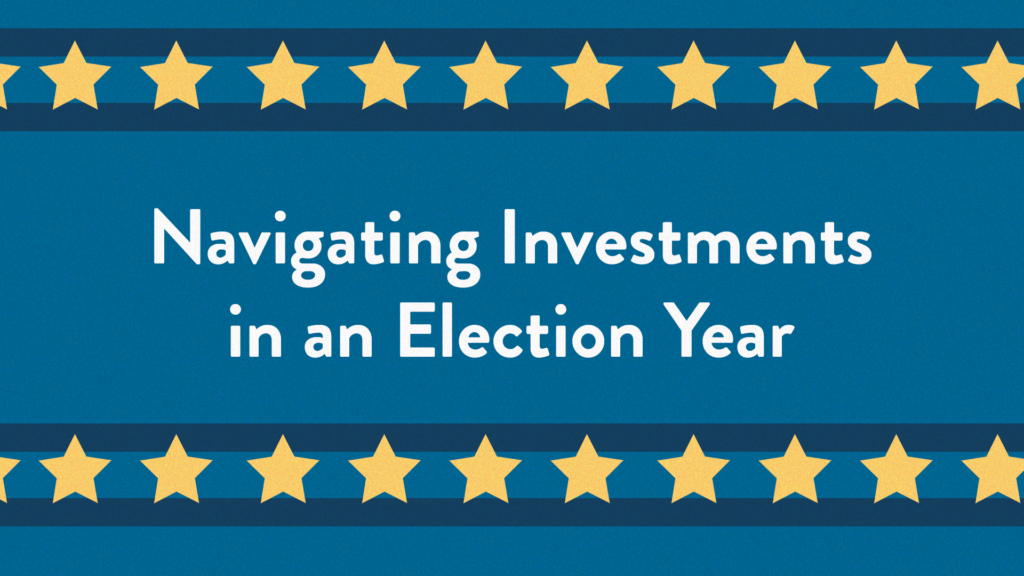As the presidential election approaches, many investors find themselves wondering how the results might impact their portfolios. This concern is valid, especially since different administrations can influence various sectors of the economy. However, it’s essential to approach this topic with a balanced perspective and a focus on long-term strategies.
The Landscape of Political Influence
In the upcoming election, there’s a strong likelihood of a split government, where one party controls the presidency and another controls Congress. Historically, markets tend to perform better during periods of gridlock because significant legislative changes are less likely. This means that while certain sectors may have potential advantages under a Democratic or Republican administration, drastic shifts that would dramatically impact your investments are less likely.
Recently on the Get Ready for the Future Show, a listener asked us, “Which sectors do you believe will be most impacted by the election results, and should I adjust my investments in those areas?” While we’re not anticipating major changes, certain sectors may be impacted by certain leadership. Here are some examples:
- Republican Leadership:
- Healthcare: Typically, healthcare stocks perform well under Republican administrations, which often prioritize business interests in this sector.
- Oil and Gas: This sector usually benefits from Republican policies that favor traditional energy sources.
- Defense: Increased defense spending is also a common theme during Republican leadership, making defense stocks a potentially stable investment.
- Democratic Leadership:
- Green Energy: Under Democratic governance, investments in renewable energy may see an uptick due to supportive policies.
- Infrastructure: Democratic-led initiatives often focus on infrastructure spending, which could provide opportunities in related sectors.
The Role of Economic Cycles
While it’s tempting to make investment decisions based solely on the electoral outcome, a more critical factor is the overall economy. Currently, we are in a declining interest rate environment, with recent cuts expected to influence market performance significantly.
Historical data shows varying sector performances following interest rate cuts. For instance, sectors like healthcare and utilities often show resilience. However, timing these shifts can be challenging, given the unpredictable nature of the economy influenced by external events.
Staying the Course
For individual investors, particularly those nearing retirement, the best strategy may not involve knee-jerk reactions to election results. Instead, maintaining a diversified portfolio and focusing on long-term goals is crucial.
Key Considerations for Your Investment Strategy:
- Age and Time Horizon: Your proximity to retirement should guide your asset allocation. Younger investors can typically afford to take on more risk, while those closer to retirement may want to focus on stability.
- Contribution Rates: Regular contributions to your investments can outweigh the need for perfect timing in the market. Consistency is key to building a robust portfolio over time.
As we approach the election, it’s essential to remain informed but not overly reactive. While certain sectors may benefit from specific political outcomes, maintaining a diversified investment strategy based on your personal financial goals and circumstances will serve you better in the long run.
Learning More About the Election and Your Money
For those looking to delve deeper into how election results may impact the economy and investment strategies, consider attending our upcoming event on October 29 at the Chenal Event Venue in West Little Rock, Arkansas. This free event will provide valuable insights into the relationship between politics and market performance. Registration is required.
Stay informed, stay invested, and remember: the best strategies are built for the long haul.
The opinions voiced in this material are for general information only and are not intended to provide specific advice or recommendations for any individual.





